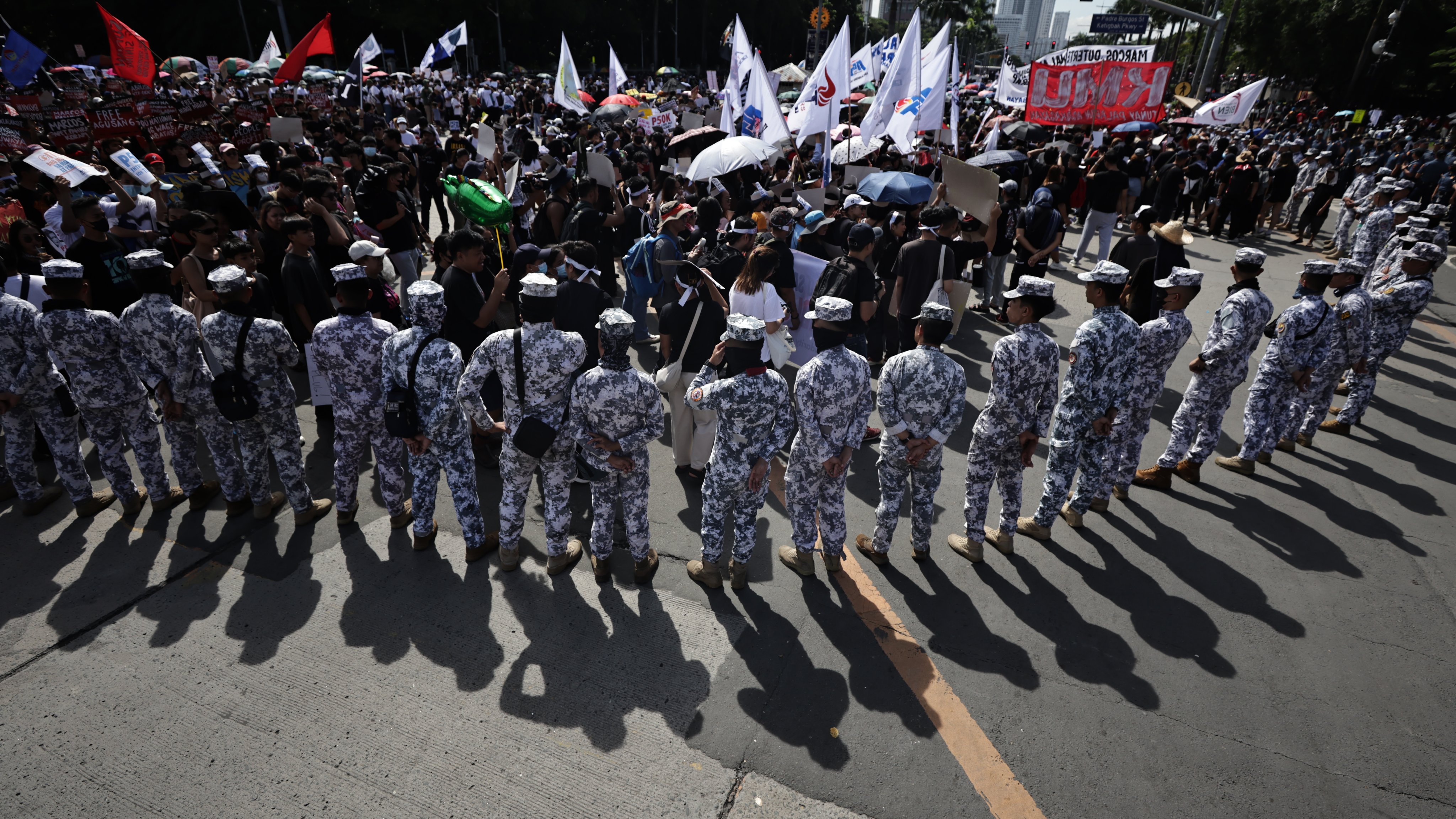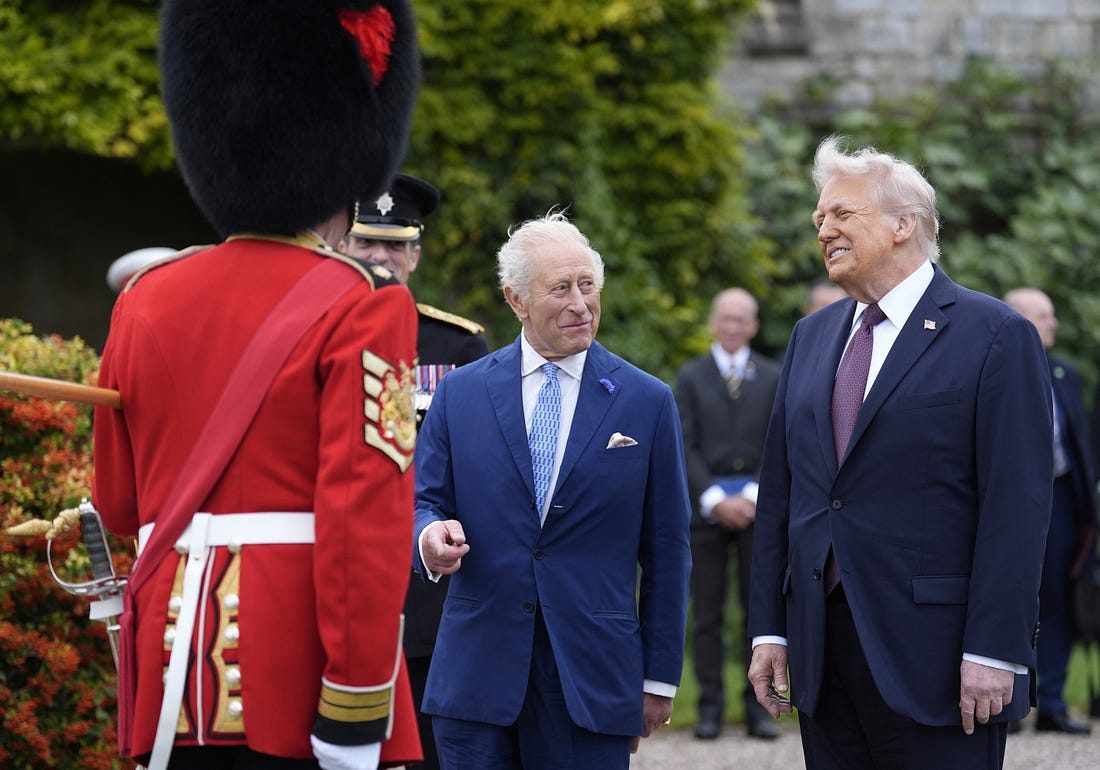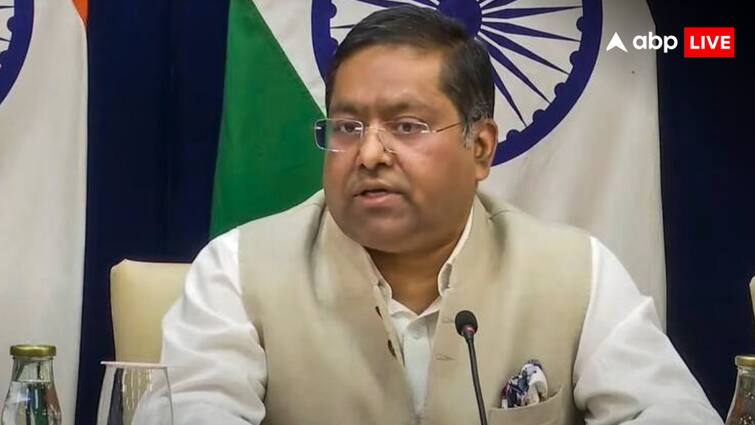By Agencies,SCMP’s Asia desk
Copyright scmp

Thousands of Filipinos gathered on Sunday in Manila to express their anger over a ballooning scandal involving bogus flood-control projects believed to have cost taxpayers billions of dollars.
Rage over the so-called ghost infrastructure projects has been mounting in the Southeast Asian country since President Ferdinand Marcos Jnr put them centre stage in a July state of the nation address that followed weeks of deadly flooding.
On Monday, Marcos said he did not blame people for protesting “one bit” while calling for demonstrations to remain peaceful. The army has been placed on “red alert” as a precaution.
“There were times I personally waded through floods,” Aly Villahermosa, a 23-year-old nursing student from Metro Manila said as an estimated crowd of 13,000 gathered on Sunday morning in the capital’s Luneta Park.
“If there’s a budget for ghost projects, then why is there no budget for the health sector?” she said, calling the theft of public funds “truly shameful”.
Teddy Casino, 56, chairman of left-wing alliance Bagong Alyansang Makabayan, said the group was demanding not only the return of stolen funds but prison time for those involved.
“Corruption requires people to go to the streets and express their outrage in the hope of pressuring government to actually do their jobs,” he said.
Even bigger crowds are expected to gather later in the day to march down the thoroughfare known as EDSA, site of the People Power Movement protests that helped oust Marcos’s dictator father from power in 1986.
The Catholic Bishops’ Conference of the Philippines has called on the public to join the demonstrations, while stressing that the rule of law must prevail.
There are also simultaneous protests in other places across the country. A diverse group of people joined the demonstrations including students, church leaders, militant organisations and some lawmakers, according to local media reports.
The US embassy in Manila warned its citizens to avoid the Sunday demonstrations “due to the potential for violence”.
The flood control scandal has already sparked leadership changes in both houses of Congress, with House Speaker Martin Romualdez, a cousin of Marcos, tendering his resignation earlier this week as an investigation got under way.
Hundreds of bank accounts tied to the projects have also been frozen.
Earlier this month, the owners of a construction firm accused nearly 30 House members and Department of Public Works and Highways (DPWH) officials of taking cash payments.
The Department of Finance has estimated that the Philippine economy lost up to 118.5 billion pesos (US$2 billion) from 2023 to 2025 due to corruption in flood control projects. Greenpeace has suggested the number is actually closer to US$18 billion.
The corruption allegations have not moved Philippine financial markets, which could change if the unrest intensifies or threatens the government. The peso has been largely steady against the US dollar this month, while Manila’s key stock index is up almost 2 per cent.
The Philippines has a long history of scandals involving public funds, in which high-ranking politicians found guilty of corruption have typically escaped serious jail time.
In Bulacan, a flood-plagued province north of Manila where multiple bogus projects have been identified, residents trudged through murky water in rubber boots.
Elizabeth Abanilla, an 81-year-old retiree, said politicians and contractors were equally guilty.
“They should not have handed [money] over before the job is completed,” she said. “Both of them are guilty.”
The protests come at a time of growing unrest across the region. Demonstrations in Indonesia over perks for politicians quickly turned violent after the death of a 21-year-old delivery driver in Jakarta who was run over by a police vehicle last month.
Nepal was hit by deadly protests last week, led mainly by teenagers and young adults, which forced the country’s top leadership to resign.
Reporting by Agence France-Presse, Bloomberg



